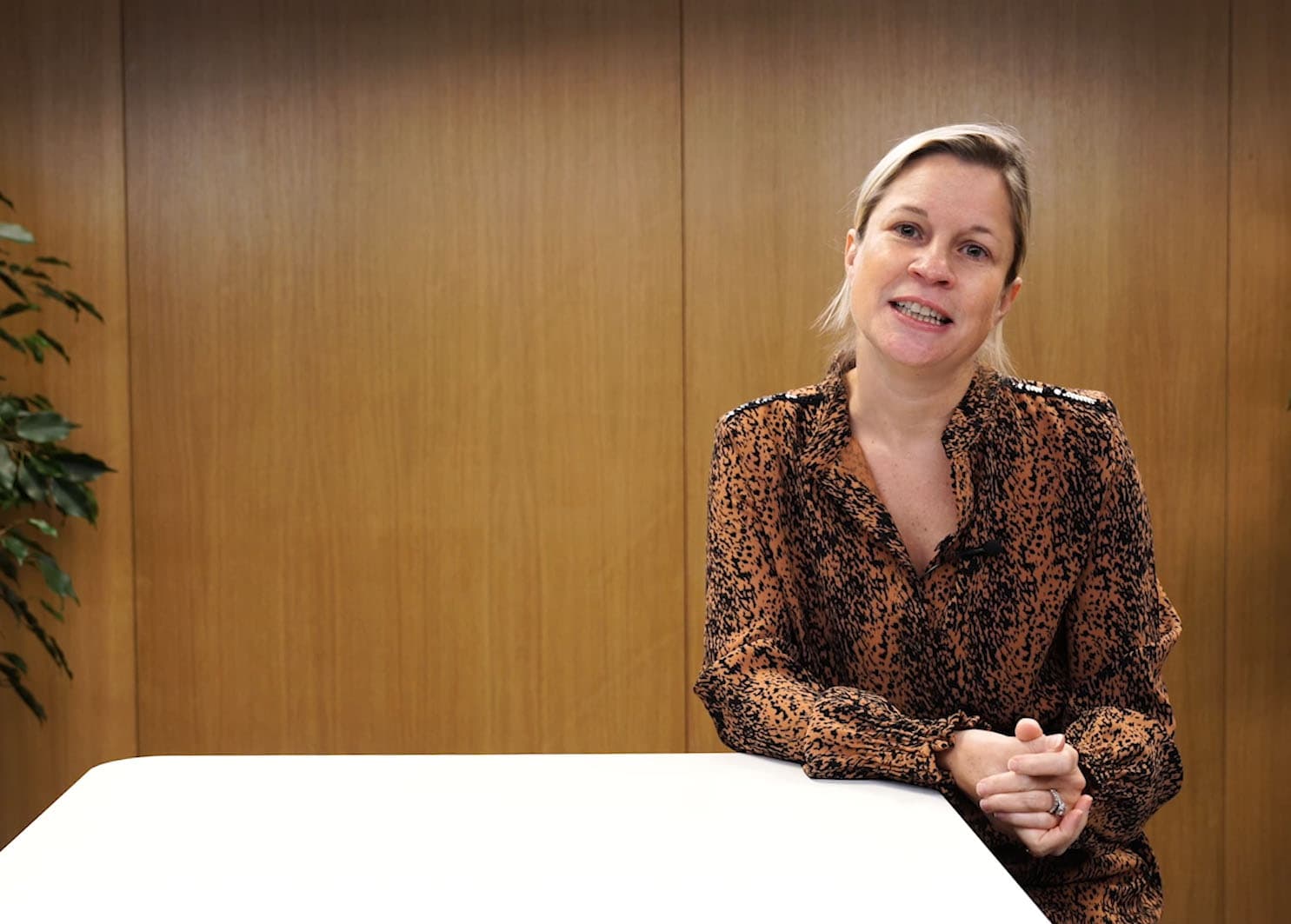Successful private equity-backed firms are more likely to push for acquisitions but cut internal investments

By Veroniek Collewaert
Professor of Entrepreneurship

By Sophie Manigart
Professor of Corporate Finance
Underperforming private equity-backed firms with experienced boards and larger investments prioritise capital investments, while overperforming firms with larger investments prefer acquisitions and cut back on internal investments to boost returns, finds new research from Vlerick Business School.
Veroniek Collewaert, Professor of Entrepreneurship, and Sophie Manigart, Professor of Entrepreneurial Finance, along with their colleagues, studied the dynamics of PE-invested companies' growth strategies. The research investigates how PE investors push their portfolio firms to grow either internally (through capital investments) or externally (through acquiring other businesses), and whether the company’s performance, in relation to the targets set by both the principal PE investors and the portfolio firms, had an impact on this.
Analysing a sample of 51 portfolio firms over 5 years, the study found that the growth strategies pursued by these firms depended not only on their performance relative to their targets but also on their PE investors’ incentives and influence to govern their actions.
The study found that when a PE portfolio firm is not meeting performance expectations, a PE investor, who has invested more money and has more experienced people on their board, will push for capital investments yet against acquisitions.
On the other hand, when the company is doing better than expected, the researchers found that PE investor pushes towards acquisitions and against capital investments when they have put in more money. In cases where the PE investor has invested relatively larger amounts, acquisitions hence became more likely to occur in the event of overperformance. However, they were less likely to occur when the investor had appointed relatively more senior board members.
In summary, the study found that in underperformance, more capital investments (yet fewer acquisitions) occur with a more heavily financially committed investor and experienced board. Conversely, in case of overperformance, less capital investments happen with a more heavily financially committed investor, but more with more senior board members. For overperformance, larger investments by the investor increase the chance of acquisitions, while more experienced board members decrease it.
The likelihood of the company making acquisitions, such as buying other companies, thus depends on these factors – being more likely with larger investments but less likely with experienced board members in the case of exceptional performance.
How do private equity investors influence the strategic decisions taken by their portfolio firms?
New research highlights two factors influencing PE investor decision-making when portfolio companies are under or overperforming. Professors Veroniek Collewaert (Vlerick Business School) and Jeroen Neckebrouck (IESE Business School) explain the conclusions.
"Firms double down on improving existing operations when faced with significant performance shortfalls. As one of the PE investors we talked to put it – ‘if your company is in distress, the last thing you want to do is put another M&A target on top and add complexity and stress for the management team.’ Acquisitions are not a great way to buy yourself out of trouble. Yet, we found overperforming firms receiving larger PE investments pursue more acquisitions and scale back internal investments, aiming to amplify returns," explains Collewaert.
However, a PE investor's directing hand depends on involvement and influence, which varies across portfolio firms based on factors like the size of their investment and the experience of appointed board members. Firms gaining less PE attention and influence exhibited more muted reactions regardless of exceeding or missing performance milestones.
"With limited oversight from their PE investors, there's less pressure on management teams to strategically shift capital allocations between internal investments and acquisitions," notes Professor Manigart.
By integrating perspectives from behavioural theory and corporate governance, the study advances knowledge on how portfolio firms respond to the performance aspirations imposed by their owners. "Our findings should interest PE investors looking to optimise value creation, as well as managers hoping to accelerate growth," suggests Collewaert.
Alongside Veroniek Collewaert and Sophie Manigart, undertaking the research was Jeroen Neckebrouck, Professor of Entrepreneurship at IESE Business School, Tom Vanacker, Professor of Entrepreneurial Finance at Ghent University (Belgium) and University of Exeter (UK), and Dries Bourgois at KU Leuven. The research was published in the Strategic Entrepreneurship Journal in November 2023.
Get in touch!

Veroniek Collewaert
Professor of Entrepreneurship/Partner


